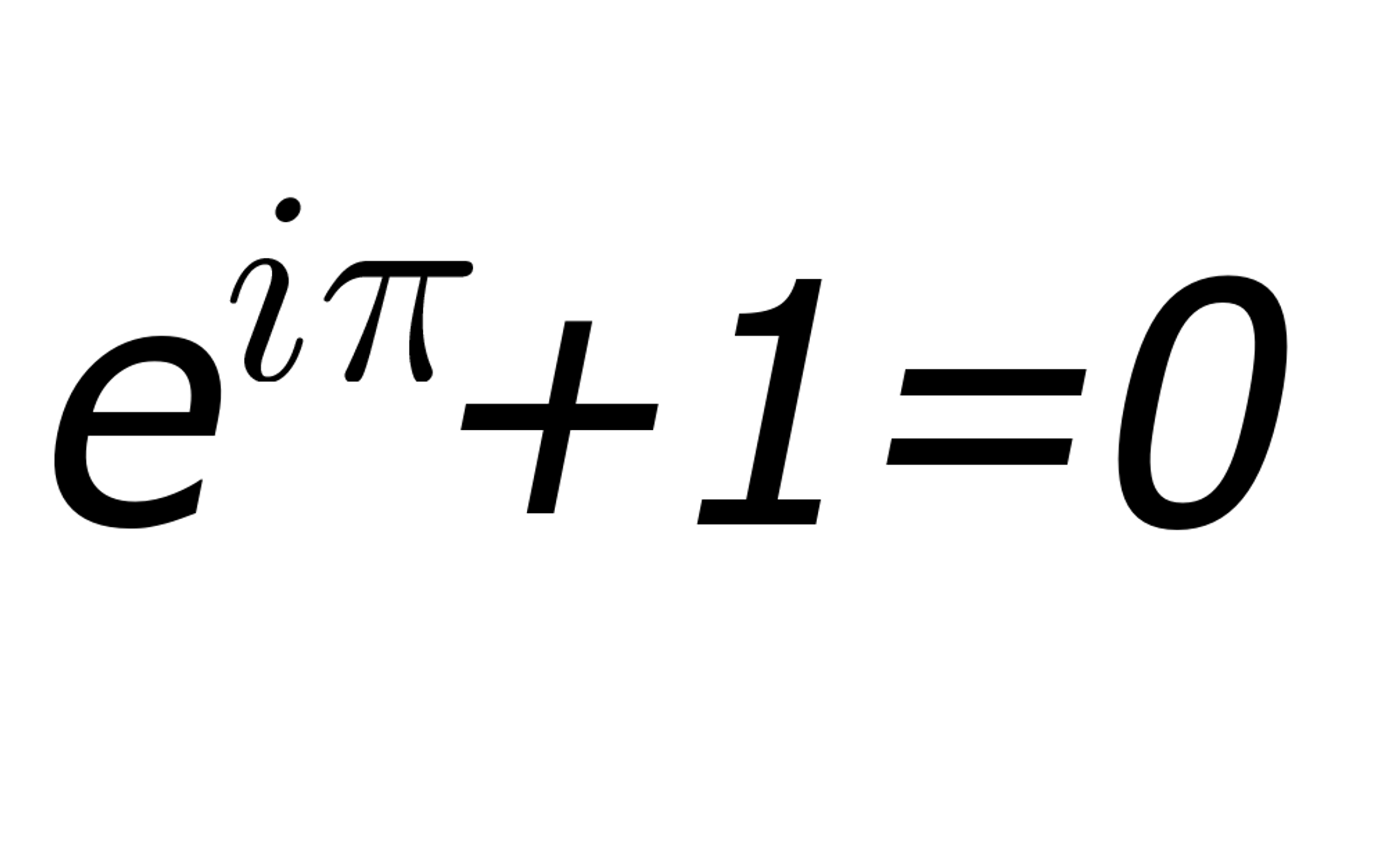October 2020: Check-In
With winter comes spring, and with time comes a new check-in post. The world has been somewhat chaotic recently, and I’m looking forward to tuning in to my own thoughts. As usual, this post will aim to tackle three questions:
- What was good?
- What wasn’t so good?
- Goals for the months ahead?
Let’s get started.
The Good
1. Reading
For a long time, my response to the question, “What is your most valuable habit?” was journaling. But as I look back on my life and things that have shaped me, there is an obvious answer that sticks out: books. Through books, I’ve encountered ideas and stories that have forced me to confront some of my ideologies. And since our perception of things is all we have, reading is coming very close to becoming my most valuable habit.
In my last check-in post, I set a goal to read a book a week, which I’m glad to say has been achieved. The 12 books I read over the last quarter consisted mostly of fiction such as Yoko Ogawa’s The Housekeeper and the Professor, W.S. Maugham’s The Moon and Sixpence and Brandon Sanderson’s award-winning novella, The Emperor’s Soul (free pdf here). These stories were all lovely, and took me to worlds and ideas never explored before.
However, some non-fiction texts such as Rutger Bregman’s Utopia for Realists and Jay Shetty’s Think Like a Monk sparked new ideas in the realm of economics and spirituality, which were greatly transformative as well. As usual, I’m looking forward to exploring new worlds in the domain of books.
2. Happiness
I’m not sure why, but I’ve been in a pretty good mood over the last few months. It seems like a combination of healthy relationships, challenging work and mesmerizing literature does wonders to the human spirit.
In particular, one thing I’ve come to appreciate is relationships. Having people you love and who love you back is one of the greatest blessings in the world. I’m still amateurish at keeping in touch with people, but here’s a shout-out to my friends, family and partner. I know it’s lame, but you know who you are, and I appreciate you a lot.
The not-so-good
1. Exercise
I haven’t been exercising a whole lot recently. My birthday earlier this month sent me into a long food coma and I haven’t been the same since. Although I’ve been cycling more than usual, my strength training and running hasn’t been as consistent. In July, I was running 4-5 times a week. Now, I’m barely running twice a week.
I’ll use this as a reminder how quickly habits can break if you neglect them.
2. Discipline
Sometimes, I feel like the laziest person in the world. There’ve been many times this quarter where I simply haven’t felt like filming a YouTube video, cleaning my room or doing coursework. And increasingly, my lazy side is emerging victorious.
For the first time in three months, I missed my monthly Books I’ve Loved YouTube series, where I discuss books I’ve loved over a particular month. The July and August videos just never happened. It started off with a string of excuses like, “my laptop is too slow,” or “my Premiere Pro subscription ran out” until eventually, October came around and I just did it.
One antidote to the problem of laziness is accountability, so I’m using this platform as a means to do stuff. And this leads me to the goals ahead:
Goals
- Maintain reading a book a week.
- Maintain posting here twice a week.
- Maintain the monthly Books I’ve Loved YouTube series.





